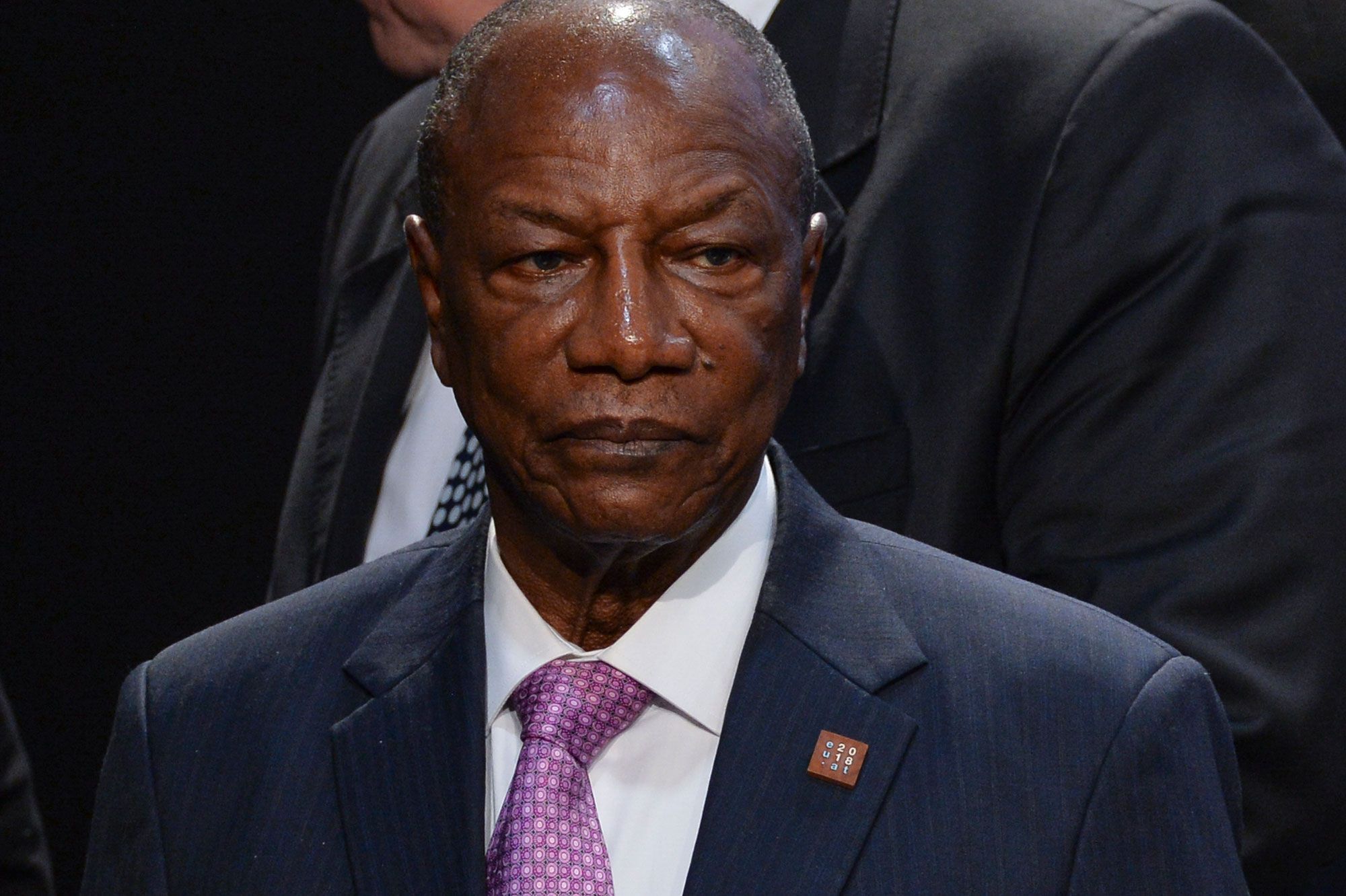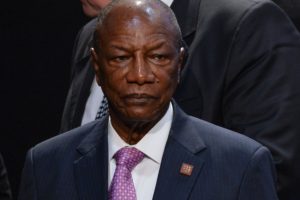
 Nine protesters were killed this week in Guinea during demonstrations against a possible change to the constitution.
Nine protesters were killed this week in Guinea during demonstrations against a possible change to the constitution.
Thousands of opposition supporters, civil society groups and trade unionists had gathered on Monday for nationwide demonstrations and strikes in the West African nation.
The coalition, known as the Guinean Organization for the Defense of Human Rights, was protesting against the president’s bid to adopt a reformed constitution that could extend his time in office beyond the end of his mandate in 2020.
Opposition leader Cellou Diallo told reporters that four of his followers were shot by security forces in the capital on Monday and at least 38 people were wounded.
A coalition of opposition groups said on Wednesday that the police had killed 10 people since Monday. It provided a list of the dead, all males under the age of 30, and including a 14-year-old schoolboy called Boubacar Diallo.
The coalition said in a statement that a further 70 protestors had been wounded by bullets and 200 people had been arrested.
Alpha Condé was elected as president in December 2010 in the country’s first democratic transition of power since independence from France in 1958. He was re-elected in 2015 for a second and final term, which expires in 2020.
Under Guinea’s constitution, adopted just nine years ago, presidents are limited to two five-year terms. A provision of the constitution also forbids changing or amending “the number or duration of the mandates”.
Because of this provision, the only legal way to get around the presidential term limitation is to call for a referendum on the adoption of a new constitution to replace the current one.
